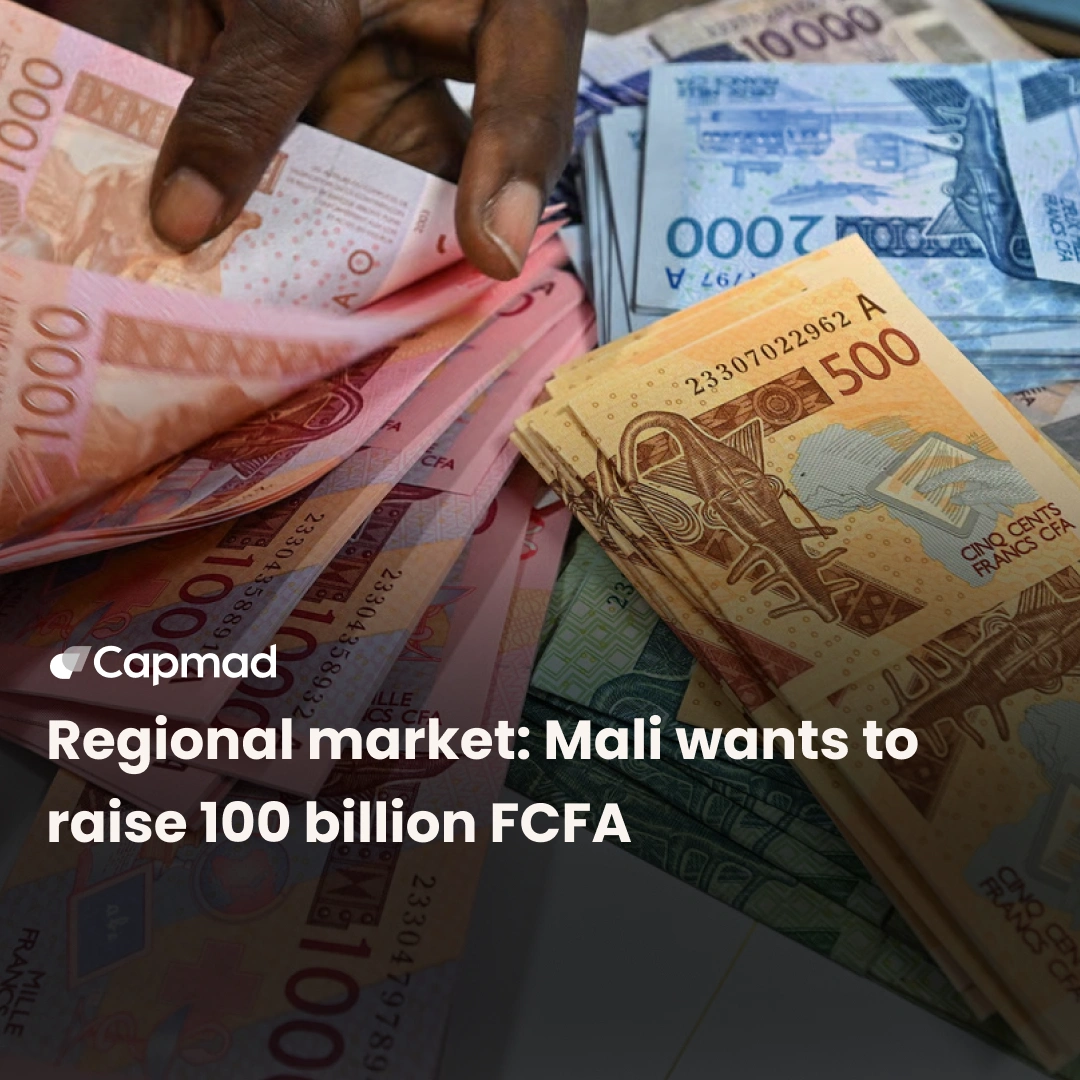With this new fundraising, Senegal has reached a symbolic milestone by now exceeding the threshold of one billion CFA francs mobilized on the regional public securities market.
A Successful fundraising operation
On June 13, 2025, the Government of Senegal successfully mobilized 76.999 billion CFA francs during a Treasury bills and bonds auction held in Dakar. Initially planned for 70 billion CFA francs, the operation attracted strong investor demand, with total bids reaching 79.228 billion CFA francs, representing a coverage rate of 113.18%.
Details of financial instruments issued
The issuance included two types of securities: 364-day Treasury bills (BAT) maturing on June 14, 2026, and 3-year Treasury bonds (OAT) maturing on June 2, 2028. For the BAT, 42.471 billion CFA francs were accepted out of 44.7 billion offered, with a marginal rate of 6.98% and a weighted average yield of 7.25%. The OAT were fully subscribed at 34.528 billion CFA francs, with a marginal price of 95.30% and a yield of 7.44%.
Strong regional participation
The operation attracted 21 participants from the West African Economic and Monetary Union (WAEMU) region, with a diverse geographic distribution. Côte d’Ivoire emerged as the main subscriber with 40.18 billion CFA francs accepted, followed by Senegal (28.286 billion) and Benin (6.365 billion). Burkina Faso and Togo also participated, reflecting regional confidence in Senegal’s sovereign creditworthiness.
Context and Challenges
This fundraising fits into the Senegalese government’s strategy to finance its budgetary needs despite the prolonged suspension of negotiations with the International Monetary Fund. The success of this operation reflects renewed confidence from sub-regional investors in Senegal’s fiscal credibility, even amid a complex global economic environment.
Perspectives for the Regional Market
With this new issuance, Senegal surpasses the symbolic threshold of one billion CFA francs mobilized on the regional public securities market. This dynamic highlights the growing importance of the WAEMU financial market as a funding source for member states, while also underscoring the higher costs Senegal now faces to access liquidity






